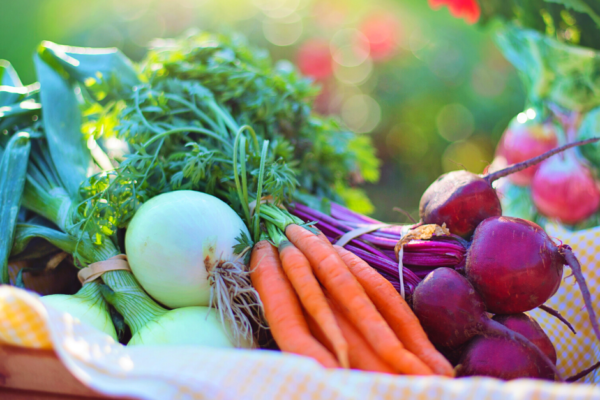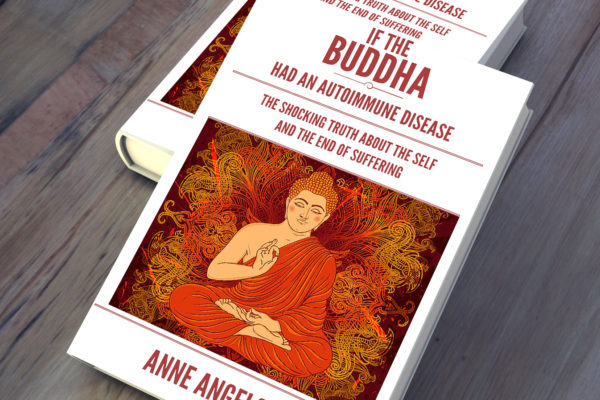The Paleo autoimmune protocol is the template suggested in The Autoimmune Paleo Breakthrough. Despite the phenomenal success rate, it can look very daunting, if not impossible, to the beginner. In a nutshell, the autoimmune protocol is free of grains, dairy, eggs, all sweeteners, nightshades (potatoes, tomatoes, peppers, eggplant), and processed foods. What’s left is a diet that focuses on plenty of vegetables, cultured vegetables, such as sauerkraut, and healthy meats and fats. You should eat regularly enough to avoid drops in blood sugar and drink plenty of filtered or spring water.
Because the diet is rather stringent, grabbing a quick meal while you’re out or conjuring a meal from an empty fridge is tricky. The most important strategy for success is planning and preparation. You have to be one step ahead of yourself when it comes to future meals. Also, as the diet can be so new to people, simply knowing what to eat is a brain tease in itself. Here are some more resources to help you embark with confidence on an autoimmune protocol diet.
The Paleo Approach and The Paleo Approach Cookbook
by Sarah Ballantyne, Ph.D.
These are phenomenal resources that will make it easier for you and your practitioner to navigate all aspects of autoimmune disease. Dr. Ballantyne delivers volumes of information well worth investigating. Please check out my review.
The Autoimmune Paleo Cookbook by Mickey Trescott
Mickie created this book as a result of her own journey on the autoimmune diet and the significant recovery it brought her. Seeing a need for support with menu planning and recipes, she created the Autoimmune Paleo Cookbook. You can read my review here.
Cultures for Health
Consuming cultured foods and drinks is an essential part of the autoimmune protocol to help restore a healthy balance of gut flora. To the newcomer, fermenting, culturing, and kefiring can seem foreign and even risky. Cultures for Health provides plenty of easy how-to articles and videos, as well as starter cultures. You also may be able to find starter cultures locally through food co-ops or on Craigslist.org. Pickl-It supplies airtight culturing containers for a genuine ferment that is low in histamines, compounds that can trigger inflammation.
Grass-fed meats
The ideal types of meat on the autoimmune protocol are pastured meats raised on small farms. The animals are raised ethically and on diets nature intended, and are free from hormones, antibiotics, and GMO feeds. Because grass-fed meats have become so popular, you may be able to find them on small farms in your area or at health food stores. US Wellness Meats is an online source that can ship a wide variety of frozen pastured meats to your home.
Coconut oil
Coconut oil is a staple on the autoimmune protocol, taking the place of butter for many cooking needs (unless you are sensitive, which some people are). Thankfully coconut oil is becoming more commonplace on the shelves of health food stores and even Costco. Tropical Traditions was one of the first to offer coconut oil for sale online and continues to offer premium oils.
Check out my resources page for more books and websites.




